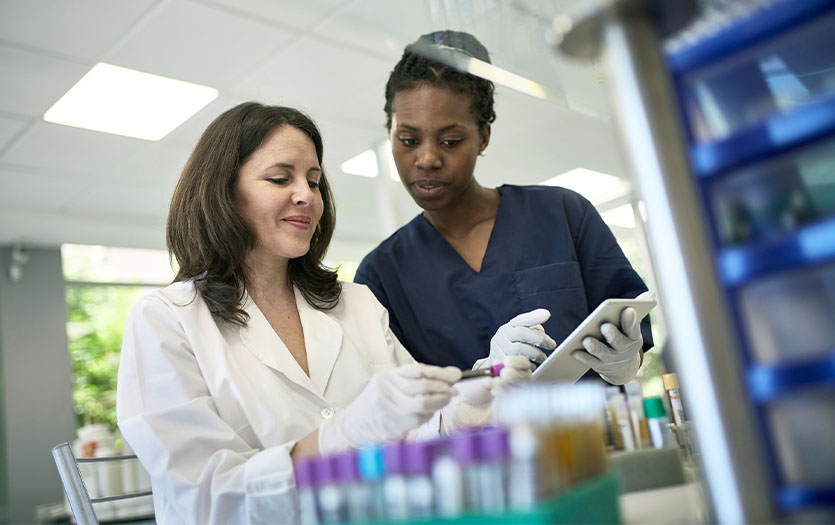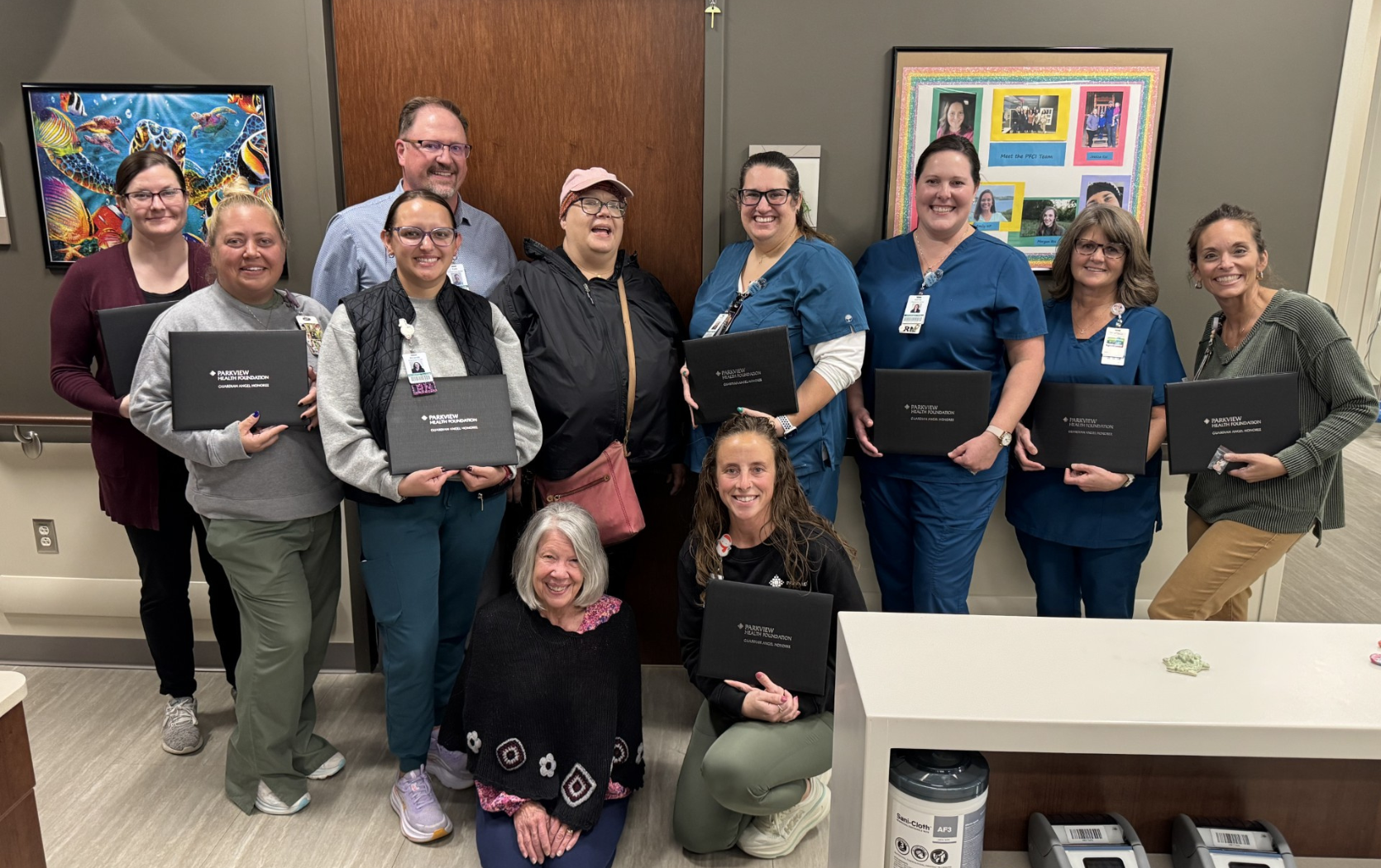
Acclimating to life after receiving a heart disease diagnosis or experiencing a cardiac event can feel overwhelming. As you shift your attention to making healthy lifestyle changes, some personal priorities, like sex, are often placed on the back burner. You may be worried about how your heart will handle different physical activity levels. Or perhaps you've noticed changes in your energy and mood. While these concerns are valid, many people with heart disease can safely enjoy physical intimacy with proper guidance from their healthcare provider.
Is it safe for you to have sex if you have a heart problem?
In most cases, engaging in sexual activities is safe so long as your heart condition is stable. Your primary care provider or cardiologist may tell you that if you can climb two flights of stairs without experiencing angina symptoms, such as chest pain, you're probably ready to start having sex again. They may even recommend it.
While physical recovery is important, taking care of yourself after a heart event also involves addressing the potential emotional and mental health challenges that often follow. The Centers for Disease Control and Prevention (CDC) points out that mental health disorders —such as depression, anxiety and PTSD — can develop after cardiac events, including heart failure, stroke and heart attack. These challenges can significantly impact recovery and overall well-being.
Maintaining intimacy and a strong connection with your partner can be especially beneficial during this time. Further research, published by the National Institutes of Health National Library of Medicine, shows satisfying romantic relationships provide essential emotional support and can act as a buffer against mental health challenges like depression. Resuming physical intimacy with your partner may reduce stress and strengthen your bond, contributing to better mental health and aiding recovery.
How can you talk to your doctor about sex and your heart problem?
It's not uncommon for healthcare providers to focus so much on treating the medical side of an illness that they forget to inquire about other important aspects of your life, such as sexual well-being. You may need to broach the topic yourself.
It can be hard to talk about sex, even with the person you are closest to, so it's understandable if discussing it with your doctor feels even more uncomfortable. To be successful, try these tips:
-
Prepare ahead of time. Before your appointment, make a list of questions to ask your doctor.
-
Practice your opening. If it feels awkward to bring up, rehearse how you'll introduce the subject. You could say something like, "I have concerns about/noticed changes in ... and I'm wondering how that might affect my sex life. Can we talk about it?"
-
Be direct. The more specific you are, the better your doctor can help you. Tell them what you have tried, what works for you and what doesn't.
-
Don't rush it. If you struggle to ask the questions directly or time seems tight, give your list to your doctor. Then, ask for a follow-up appointment to discuss it.
-
Consider including your partner. Sometimes, having your spouse with you makes talking easier. They may want to ask questions, too.
Enjoying a healthy sex life when you have heart disease
Sex can be complicated when you have heart disease. Some aspects of intimacy may change due to medication side effects, mood and energy level, but you can take steps to help improve it. Here are some ideas:
-
Be active. If your doctor recommends it, regular exercise can improve blood flow, strength and stamina. All of which can lead to better cardiovascular health and sexual experiences.
-
Try extended foreplay. It can help you explore different ways to connect with your partner or realize new things that please you. It can also take the emphasis off reaching a specific "end goal" which can help lower any performance anxiety.
-
Address your emotional wellness. If depression or anxiety are getting in the way of sex, your doctor might have ideas about how to help.
-
Review your medications. Some pharmacological treatments for heart disease can affect your sexual performance or desire. If you're concerned, speak with your provider about practical alternatives.
-
Keep in mind that men should not take any erectile dysfunction (ED) medicines without first consulting their doctor. Certain ED medicines can be dangerous if mixed with nitroglycerin or other nitrate medicines.
-
Women who experience dryness or discomfort can try lubricants or ask their doctor about prescription creams that can help with changes in vaginal tissue.
-
Resuming sex following a cardiac event is a gradual process. You can start by finding ways of being affectionate that are easy on your heart, like holding hands, cuddling or spending time together.
For more tips on fostering intimacy and healthy relationships, check out this post.
Final notes
Open and honest communication with your partner is integral to navigating changes in both your sex life and health status. Discussing your feelings, worries or limitations with them can strengthen your connection and reduce anxieties that you both may share.
It's natural to feel apprehensive but managing a heart condition doesn't mean you have to give up on physical affection. Sex is also a part of a healthy life, and with the right approach, it can continue to be a pleasant experience whenever you feel ready.
Learn more about the services offered at the Parkview Heart Institute by visiting us here.
Copyrighted material adapted with permission from Healthwise, Incorporated. This information does not replace the advice of a doctor.



